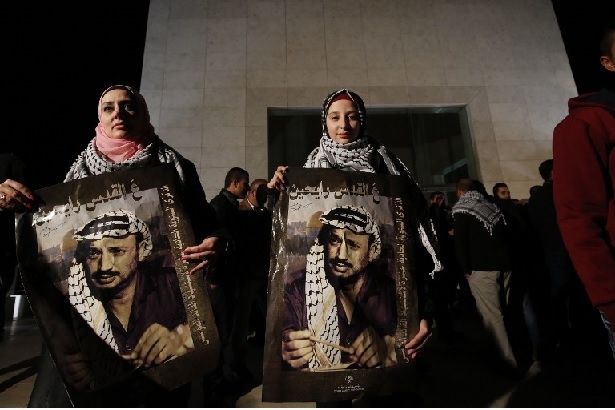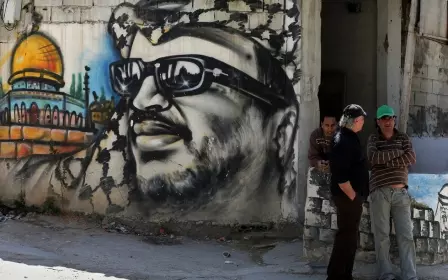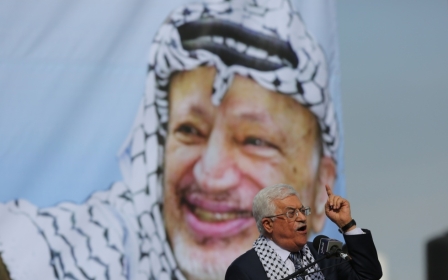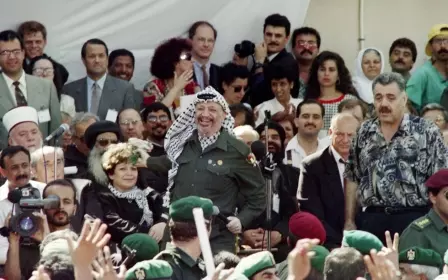Israel behind Arafat's death: Palestinian inquiry

The head of the Palestinian team looking into the death of Yasser Arafat on Tuesday again accused Israel of assassinating the iconic Palestinian leader in a Paris hospital.
His comments came on the eve of the 11th anniversary of Arafat's death and two months after French judges closed an investigation into claims he was murdered, without bringing any charges.
"The inquiry committee has been able to identify the assassin of former president Yasser Arafat," said Tawfiq Tirawi, the head of the probe opened in 2009.
"Israel is responsible," he said, without giving further details other than to add that "we still need some time to elucidate the exact circumstances of this assassination".
The anniversary of the Palestinian icon’s death came on the heels of the anniversary of the death of late Prime Minister Yitzak Rabin, who was killed by a far-right Israeli 20 years ago.
In September 1993, Rabin signed the Oslo agreement with Arafat, with President Bill Clinton watching their famous handshake on the White House lawn. It was a landmark in the decades-long war over Palestinian statehood, though a controversial one that generated furious opposition on both sides.
Arafat died in Percy military hospital near Paris aged 75 in November 2004 after developing stomach pains while at his headquarters in the West Bank city of Ramallah.
His widow Suha lodged a complaint at a court in France in 2012, claiming that her husband was assassinated, sparking an inquiry.
The same year, Arafat's tomb in Ramallah was opened for a few hours allowing three teams of French, Swiss and Russian investigators to collect around 60 samples.
Many Palestinians believe that Israelis poisoned Arafat and the Palestinian probe into his death has accused Israel of assassinating him before - a charge Israel flatly denies.
A French inquiry into the death of the Nobel Prize winner closed their case in September without bringing any charges, as did a previous Russian probe.
Suha Arafat is appealing the French decision.
Middle East Eye propose une couverture et une analyse indépendantes et incomparables du Moyen-Orient, de l’Afrique du Nord et d’autres régions du monde. Pour en savoir plus sur la reprise de ce contenu et les frais qui s’appliquent, veuillez remplir ce formulaire [en anglais]. Pour en savoir plus sur MEE, cliquez ici [en anglais].




